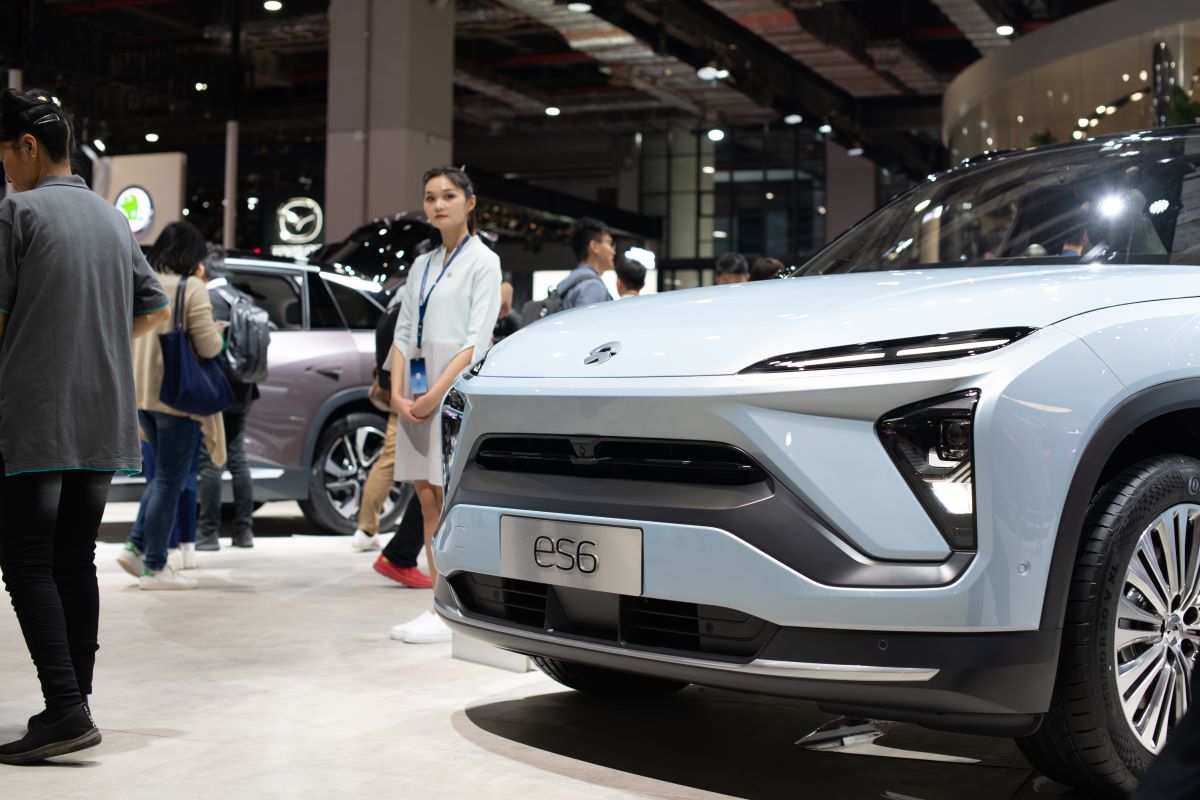In recent times, European markets have become flooded with Chinese EV cars. This has alarmed the European Union which has launched an anti-subsidy probe into cheaper imports by Chinese EV makers. European Commission President Ursula von der Leyen said, “Global markets are now flooded with cheaper electric cars. And their price is kept artificially low by huge state subsidies.”
The Commission would take up to 13 months to assess whether to impose punitive tariffs above the EU’s standard 10% rate for cars. Battery-powered cars manufactured in China, which also includes other global brands like Tesla, Renault, and BMW come under the ambit of investigation.
To understand the broader picture, this probe reflects the strained ties between the EU and China. The EU wants fewer trade links with China after the latter got closer to Russia after the Ukraine war. While France and other EU members have supported the move so far, Germany has mixed reactions. France’s support for the EU’s move stems from its concerns over subsidised Chinese EVs being a threat to its brands Renault and the French-Italian Stellantis.
China hasn’t reacted well to the ‘protectionist’ EU-launched probe on its EV cars. Beijing stated that this move could damage economic relations and have an adverse impact on German car exports to China.
According to China’s Ministry of Commerce, “(The investigation) is a naked protectionist act that will seriously disrupt and distort the global automotive industry and supply chain, including the EU, and will have a negative impact on China-EU economic and trade relations.”
Chinese EV cars flood the EU markets
According to the European Commission, the share of Chinese EV cars sold in Europe has climbed to 8% and could touch 15% in 2025. It also highlighted that the prices are usually 20% lower than the EU-made models.
In Germany alone, the market share of electric cars from China more than tripled in the first quarter ended March 2023. 28% of electric cars imported into Germany were from China, as against 7.8% in the same quarter last year.
According to DJE Kapital, “Since 2019, Chinese carmakers exports have risen while German and Japanese companies have tended to lose ground. This trend is likely to continue, even if the threat to European manufacturers tends to be downplayed within the industry.”
Chinese EV makers are expanding not just in Germany, but also to other European countries like Denmark, Norway, and the Netherlands.
The impact of the probe on Chinese EVs makers
Chinese EV makers are already grappling with low demand in their home country. This has resulted in the overcapacity for EVs, which it needs to export. According to an article in EnergyPortal.eu, China has an overcapacity of nearly 10 million EVs per year.
The shares of the Chinese EV makers fell in Shanghai and Hong Kong as a reaction to the news of the anti-subsidy probe. Market analysts feel that is probe will dampen sentiment because Europe, due to its stringent emission rules, is one of the largest markets for Chinese EV exports. In the first seven months of 2023, Chinese EV exports to Europe surged 112% over the same period last year. Tesla alone accounts for 40% of China’s EV shipments to Europe. Some of the Chinese brands that sell their offerings in Europe include Geely, SAIC, BYD, Nio, and Xpeng.
This probe could also have an impact on the capacity expansion plans of Chinese EV battery suppliers, according to many market watchers.
Some experts believe that too much protectionism can prove to be counterproductive. Martin Benecke from S&P Global Mobility opined, “We will not see significant barriers because of the dependence between Germany and China, with investment on both sides.” He further explained, “…. for the German carmakers … they will do anything to avoid [trade barriers].” Here, Benecke is referring to BMW and Volkswagen Group which have manufacturing and assembly plants across China.
At the same time, other experts feel that China would now start considering other markets like Southeast Asia, the Middle East, or South America for its electric vehicle exports if its economic ties with the EU get strained.


 Australia
Australia China
China India
India Indonesia
Indonesia Japan
Japan Malaysia
Malaysia Philippines
Philippines Singapore
Singapore South Korea
South Korea Taiwan
Taiwan Thailand
Thailand Vietnam
Vietnam






